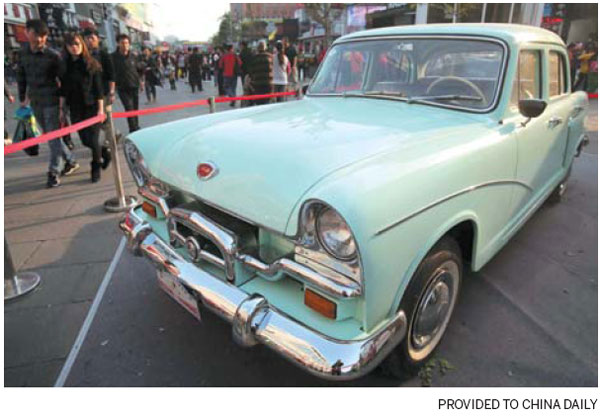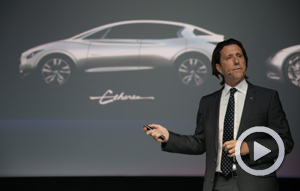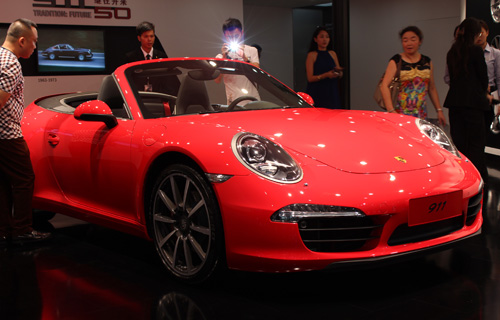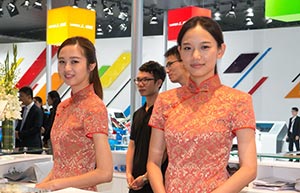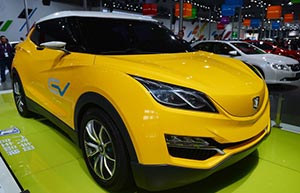Roadblocks remain for classic cars, but rally rolls on
Updated: 2013-10-28 07:27"Seeing China have its own Mille Miglia is a part of my dream. Classic cars are a very important step in terms of a country developing its own automobile culture," said Xu, publisher of Ramp magazine in China.
Xu also has a new title - vice-president of the Classic Vehicle Union of China.
As a fan of classic cars working to promote the subculture in the world's largest automobile market, Xu and his kindred spirits established the union as the only member of the Federation Internationale des Vehicules Anciens in China and held the country's first rally in 2011.
"Now, entering just the third year, I could drive my own vintage car throughout the rally both as a racer and an organizer," said Xu.
Xu bought his first classic car, a dark-green Mercedes-Benz 280SE last year, after the car finished its race in the challenge. This year, he drove the 1971 Mercedes to win second place in the rally, which started on Oct 12 at the Great Wall in Beijing and ended in Shanghai six days later.
More than 50 classic cars from 22 countries and regions around the world joined the 1,800-km challenge.
The list included China's iconic 1959 Hongqi and the 1976 Shanghai Phoenix 760a as well as eye-catching 1959 Cadillac Coup De Ville, a 1972 Volkswagen Beetle Theo Decker Kafer, 1955 Bentley S1 Flying Spur, and an Aston Martin DB2/4 Mark II.
A first-generation 1974 Volkswagen Scirocco won the championship.
Great passion
"I am glad to be in China following the rally for the second time, impressed by the great passion from the Chinese drivers and owners," said Horst Bruning, president of the Federation Internationale des Vehicules Anciens.
"They share the same passion and love for historical vehicles with like-minded people anywhere, and all wish to conserve classic cars and culture for future generations."
He also said that wherever the fleet arrived along the route, "people closed around, shouting, and took out their cameras and mobile phones, taking pictures non-stop".
Entering the third year, the challenge saw increasing attention from not only the public, but also automakers.
Volkswagen Group China brought four vintage cars under four brands to the challenge in China this year.
"It's important for an automaker to help keep the heritage alive," said Markus Nels, director of the Sports Car Project at Volkswagen Group China.
Moreover, "these vintage cars, some of which are more than half a century old, run as well as brand-new modern cars", he said.
Restriction in China
However, in China, old cars are allowed to run on open roads during special events only.
"It's a pity and not reasonable that vintage cars cannot apply for a license plate due to emissions and other technical standards," said Zong Gui'an, president of Classic Vehicle Union of China.
"The tight policy as well as a lack of professional techniques and know-how all block the further development of classic cars in China," he said.
Xu was one of the earliest advocates in China for the freedom of these historical cars.


